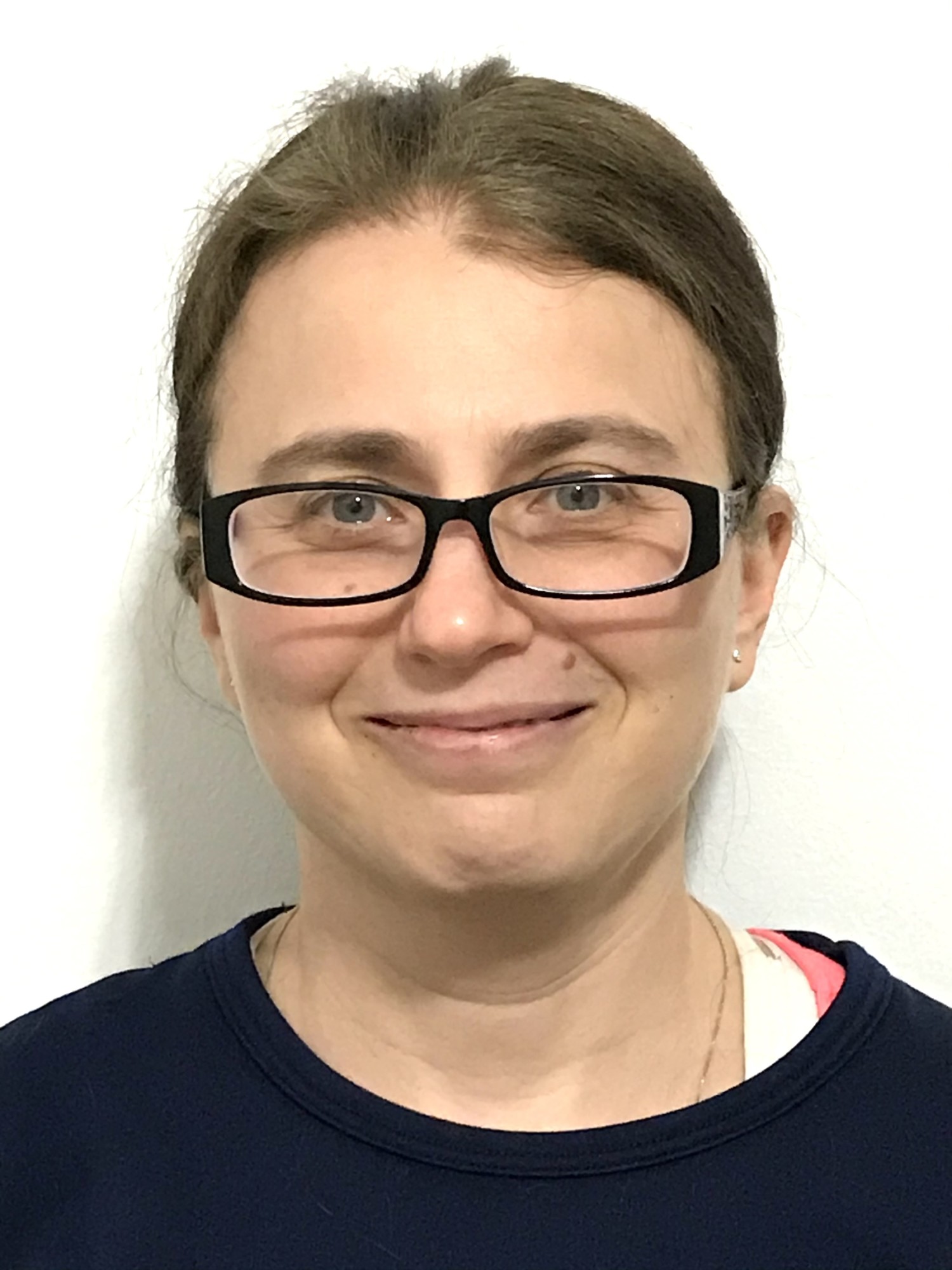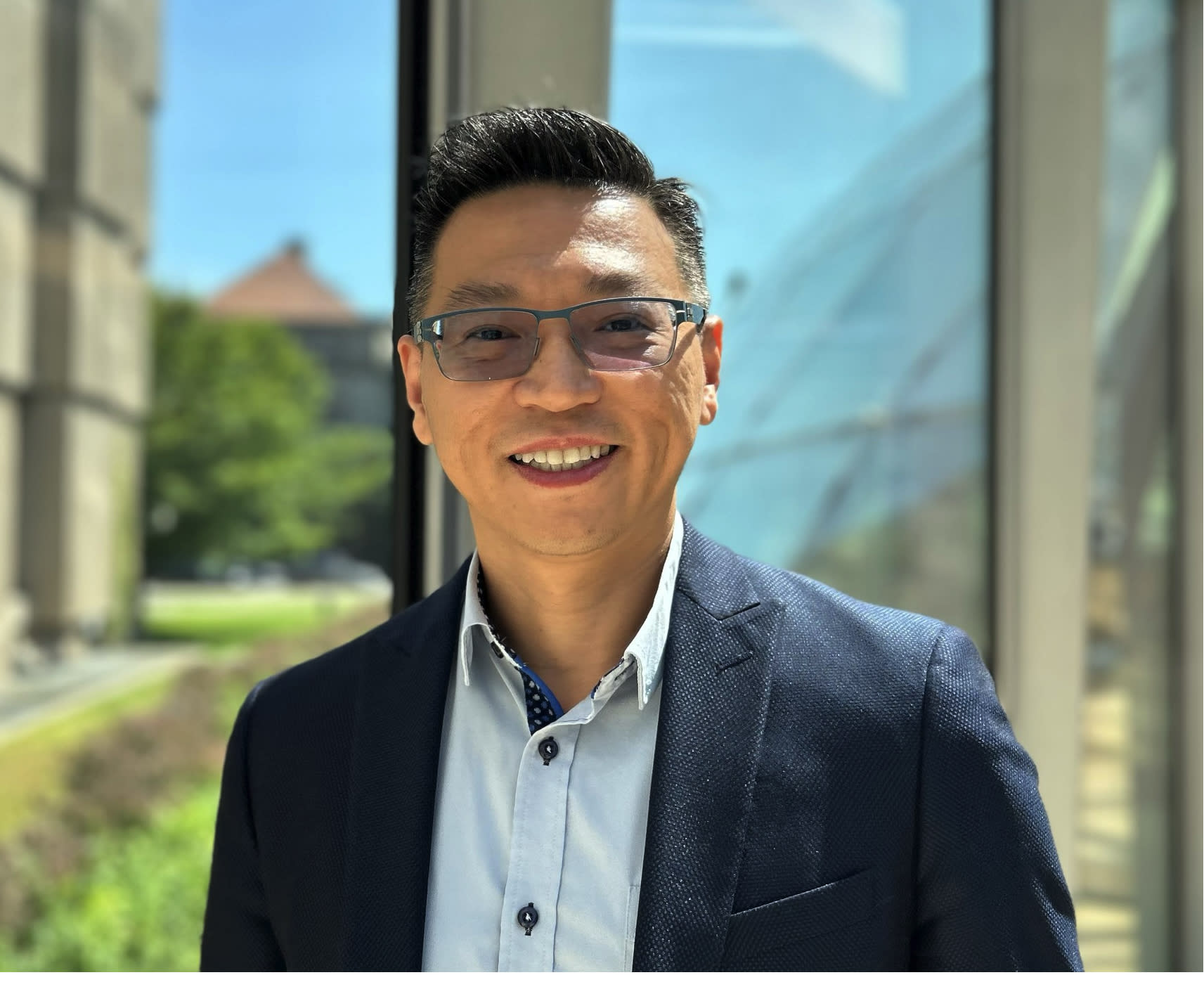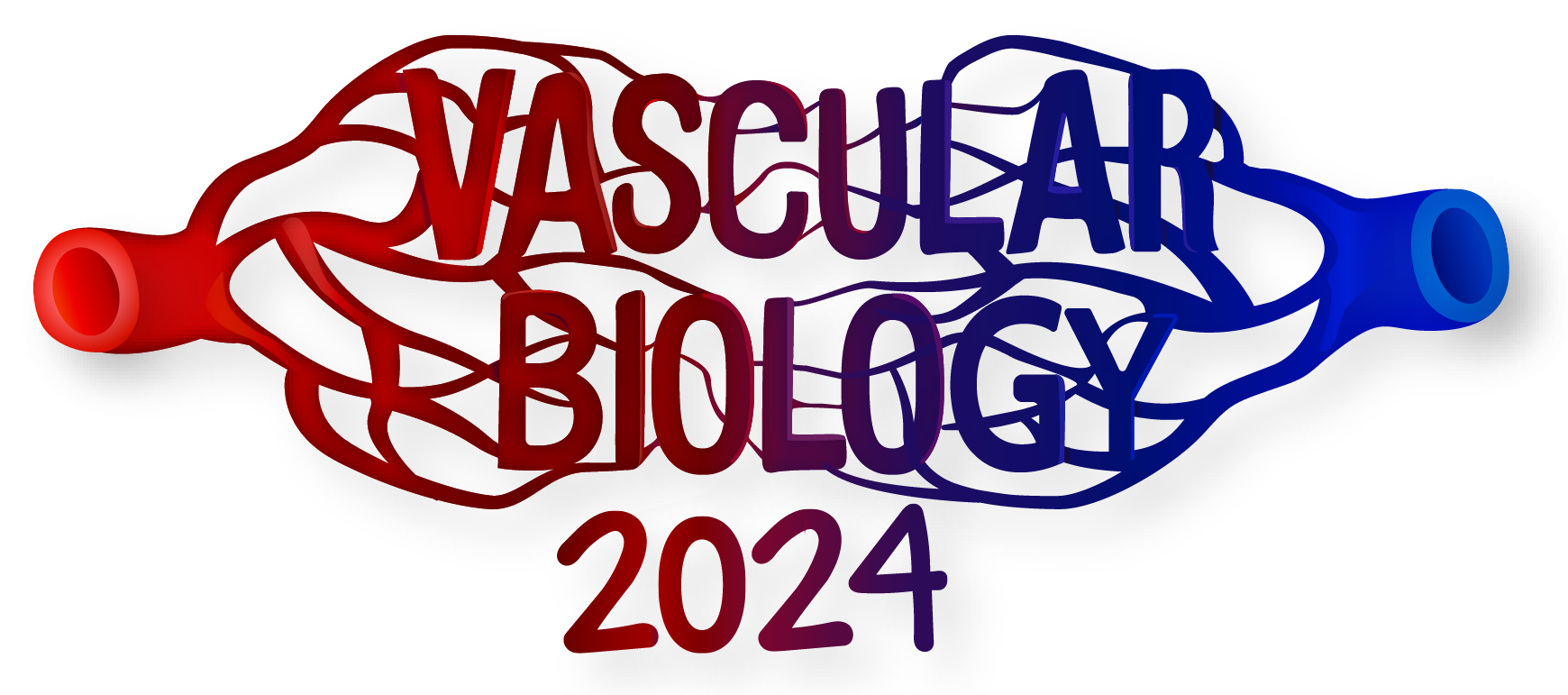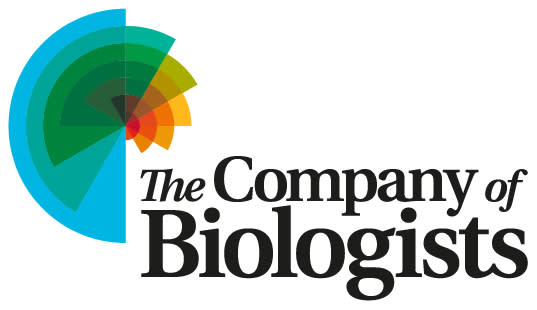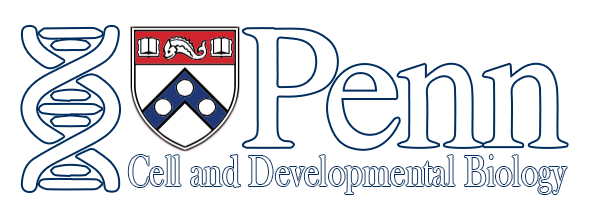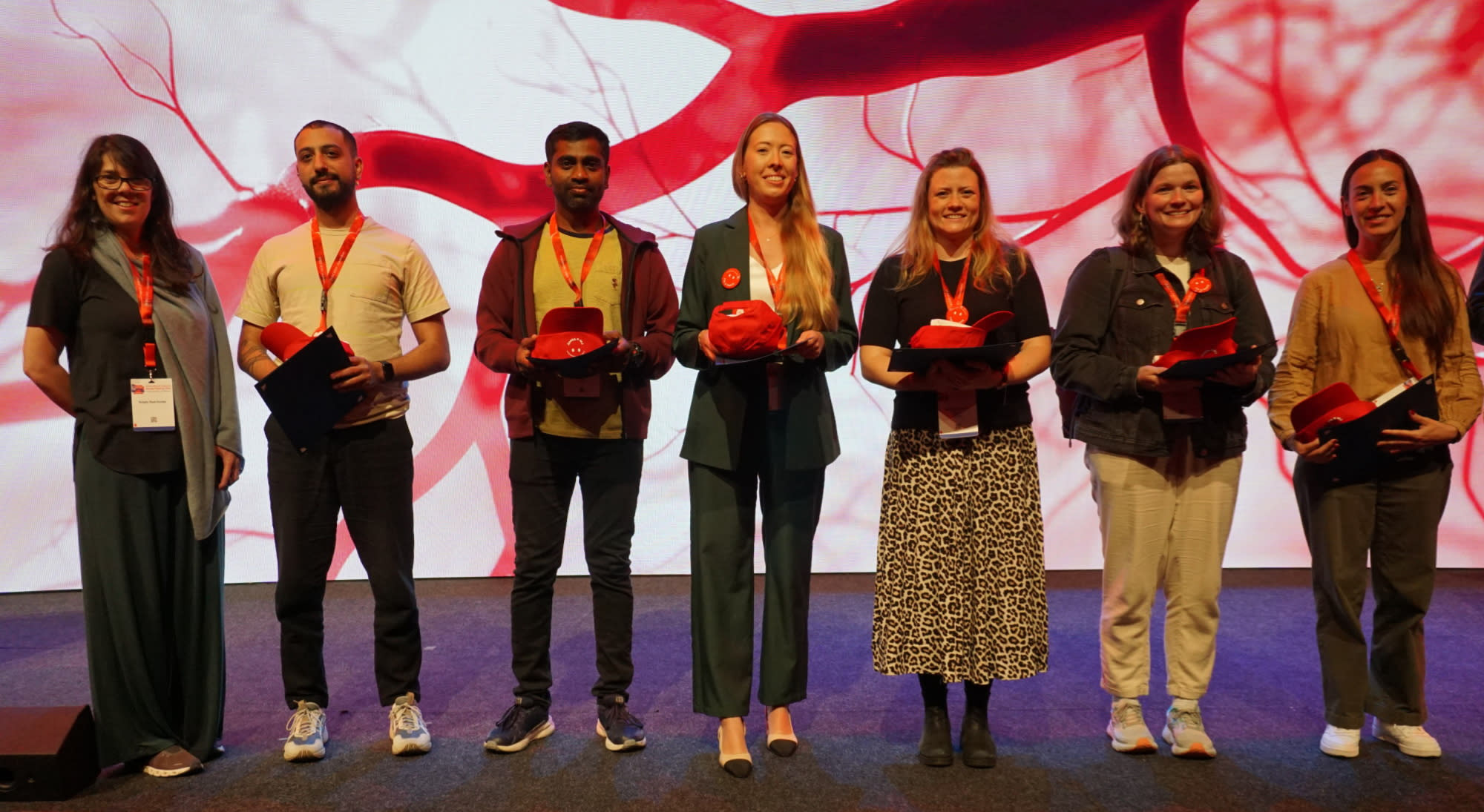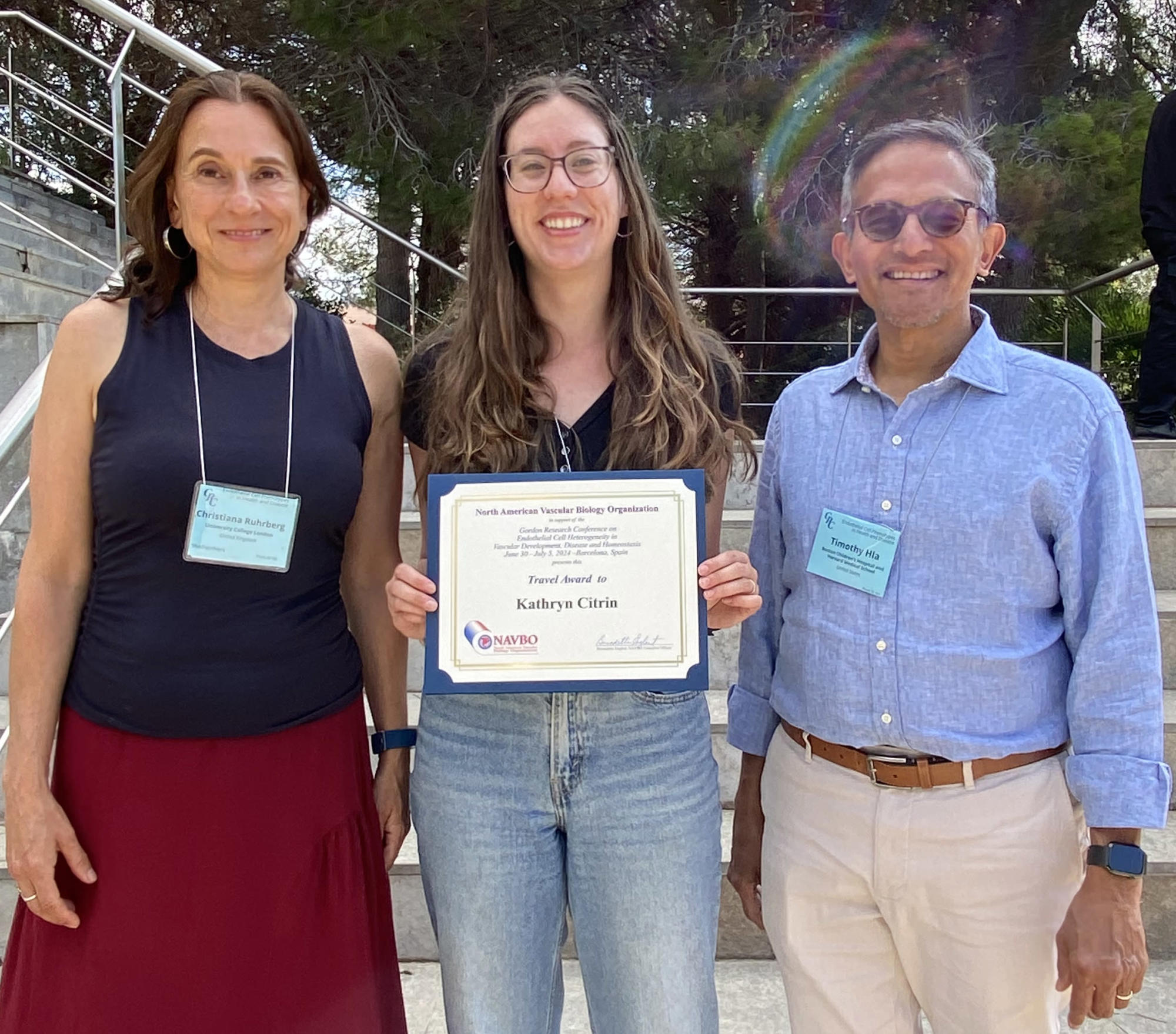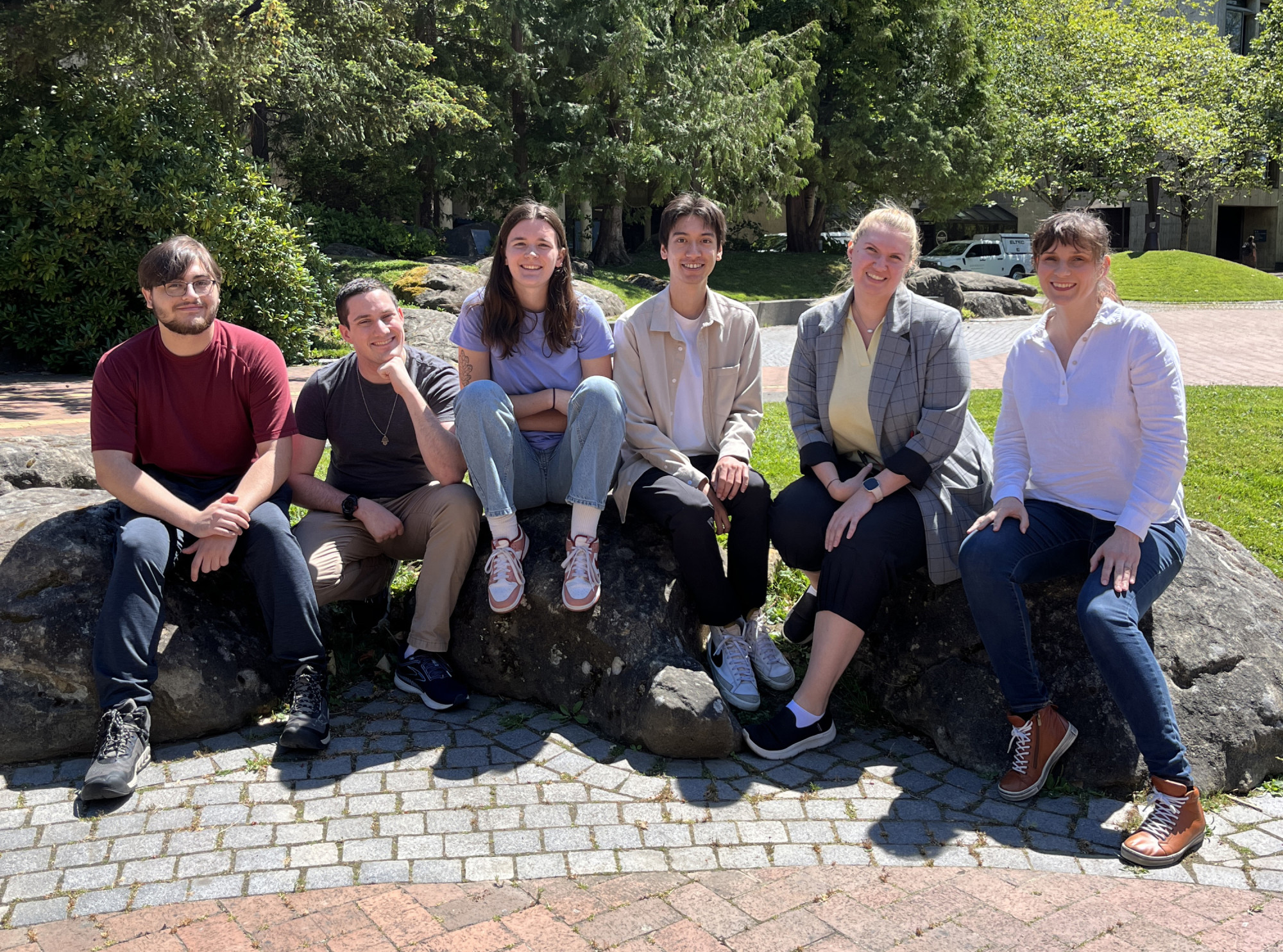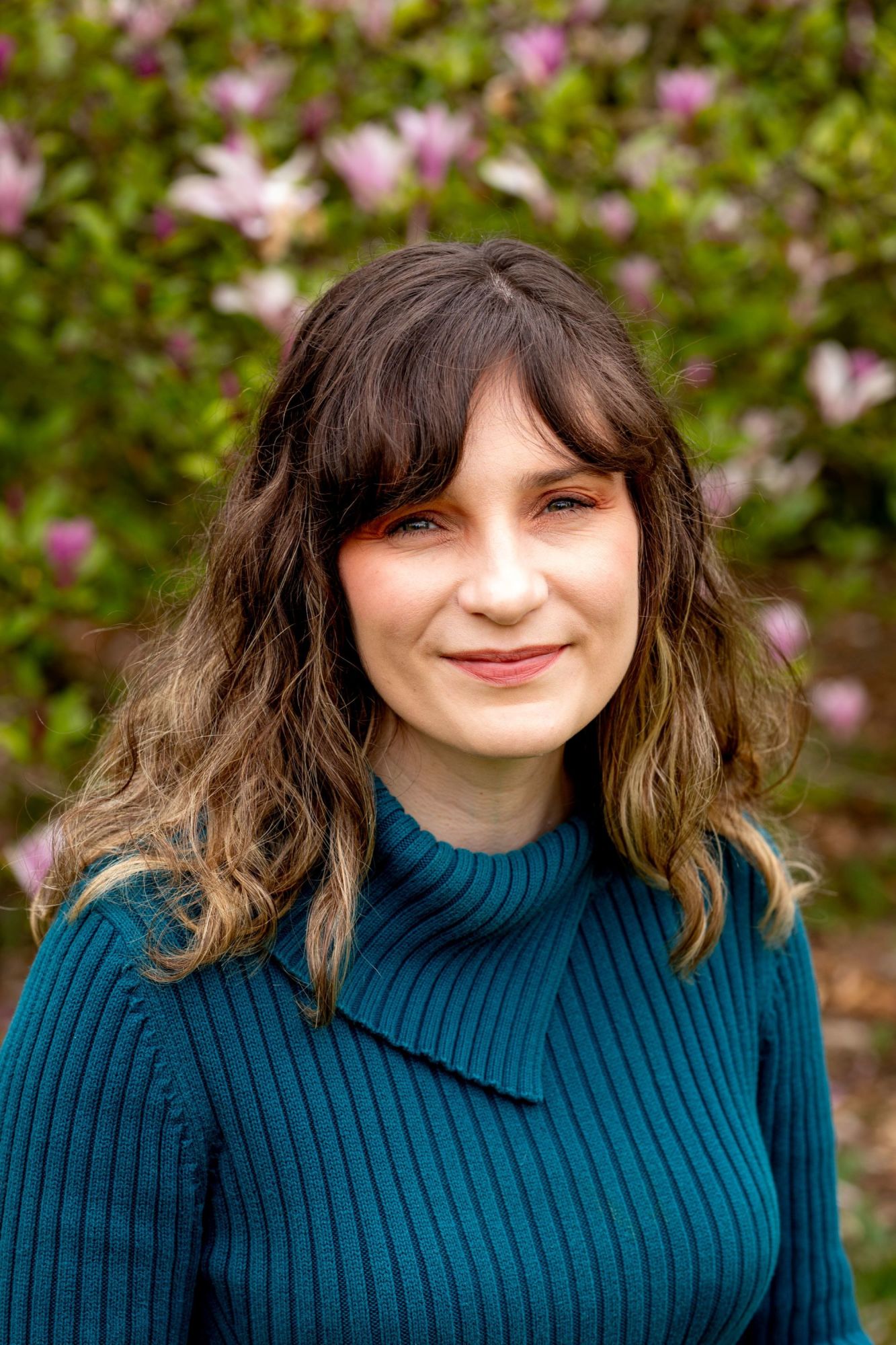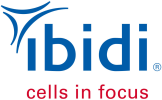|
|
|
|
August 2024 |
|
Meet our New Counsilor - Sophie Astrof |
|
Congratulations Dr. Sophie Astrof Dr. Sophie Astrof is an Associate Professor of Cell Biology and Molecular Medicine at Rutgers University. Dr. Astrof attended her first NAVBO meeting in February 2010. The science, networking, and mentorship from that meeting made an indelible mark on her career. NAVBO has consistently emphasized combining excellent science with promoting the success of a diverse group of junior faculty, and creating a collegial, collaborative, inclusive, and interactive community of researchers across the broad field of vascular biology. As a newly elected council member, Dr. Astrof is excited to contribute to these traditions and support the growth of a new generation of vascular researchers. |
|
Meet our New Counsilor - Yun Fang |
|
Congratulations Dr. Yun Fang Dr. Yun Fang is a Professor of Medicine and College at the University of Chicago. He has been actively involved in NAVBO activities since 2004, including serving as one of the founding members of the NAVBO DEI committee. His lab investigates molecular mechanisms contributing to vascular health and disease and develops nanomedicine-based therapeutic strategies for cardiovascular complications. He is |
|
enthusiastic about the opportunity to continue advocating for NAVBO as the primary forum for vascular biologists and researchers from diverse fields to engage in discussions and generate innovative research ideas in vascular biology. He is committed to contributing to NAVBO's key missions, including supporting vascular biologists at all career stages, particularly trainees, and promoting diversity and inclusion. |
|
Abstract Deadline Extended to August 8!! |
|
Join us for Vascular Biology 2024!! October 20-24, 2024 at the Asilomar Conference Grounds in Monterey |
|
|
Submit your abstract to Vascular Biology 2024 by midnight today,* August 8! Opportunities to present abound! We will program 50 abstracts as short talks into our main sessions, 15 Nano Talks, an additional 6 short talks in the Pre-Conference Meeting for Trainees, and over 150 posters! Be sure to submit your abstract today!
Register by August 31 to save $$ *Eastern time |
|
Vascular Biology 2024 will be cover the themes of Development and Genetics, Inflammation, Marix Biology and Bioengineering, Signaling and Microcirculation, with an additional general session on Vascular Malformations, co-sponsored by the Sturge-Weber Foundation, and a session on HHT sponsored by Cure HHT. The Microcirculatory Society is once again joining us and sponsoring several sessions including, Microvascular Changes During Pregnancy, which is the MCS President's symposium organized by Pooneh Bagher.
Sessions include: |
|
Cerebral Microvascular Function in Health and Disease |
|
Mechanisms of Blood Flow Regulation in the Microvasculature |
|
Signaling in the Vasculature |
|
Plan to arrive on Sunday, October 20 for the Keynote Lecture by William Sessa, the Benditt Award Lecture by Asrar Malik, and the Presentation of the Sabin Award to Manu Platt. Trainees plan to attend the pre-conference meeting starting at 2:00pm on Sunday. Then plan to stay through the end, Thursday, October 24 at 1:00pm for our session on Metabolism.
In addition to our outstanding scientific sessions, we are sponsoring the Pre-conference Meeting for Trainees, two workshops on DEI, and two career development sessions. We'll have Nano-Talks, three nights of Poster Sessions with poster discussions lead by postdocs, and we're bring back our Networking 101 session for those new to the meeting and/or NAVBO.
Registration is open and we are accepting abstracts. Travel Awards are available for NAVBO and MCS trainee members, more information is available on our web site.
Early Bird Deadline - August 31, 2024
The full program is on our web site - https://navbo.org/vb2024 |
|
Special Thanks to Vascular Biology 2024 Supporters |
|
Vascular Biology 2024 Exhibitors |
|
Congratulations NAVBO Award Recipients |
IVBM Travel Awards Winners |
|
|
Past-President Dr. Kristy Red-Horse (left) presented NAVBO Travel Awards to trainee members at the 2024 International Vascular Biology Meeting. Recipients from left to right are Ibrahim Alzaim, Aarhus University, Surya Prakash Rao Batta, University of South Florida - Heart Institute, Aleksandra Cwiek, University of Virginia, Mascha Koenen, Rockefeller University, Lakyn Mayo, University of California, San Francisco, and Giulia De Rossi, University College London. Apeksha Shapeti, KU Leuven and Hisham Ibrahim, University Health Network/University of Toronto, not pictured, were not able to attend the presentation. |
|
|
GRC Travel Award Winners |
|
|
Congratulations to Kathryn Citrin, recipient of a NAVBO Travel Award to the GRC on Endothelial Cell Heterogeneity in Vascular Development, Disease and Homeostasis. Her abstract was entitled, "The role of endothelial Liver X Receptors in atherosclerosis." Pictured with Kathryn are co-chairs Christiana Ruhrberg and Tim Hla.
|
|
Lab of the Month |
|
|
Month - August 2024 The Lab of Dr. Laura Pillay This month we are highlighting the lab of Dr. Laura Pillay, Assistant Professor at Western Washington University. Find out more about her lab by visiting her page in our Lab of the Month listing. |
|
Lessons Learned |
|
|
Dr. Laura Pillay, Ph.D. My name is Laura Pillay. I joined the Biology Department at Western Washington University as an Assistant Professor in September 2022. Here are some lessons that I have learned in my first few years as junior faculty at a Primarily Undergraduate Institution (PUI): |
|
program and learning how to navigate my new administrative and service duties.
Time Management – Perfectionist tendencies helped me get to where I am today. However, they consume time and energy that I no longer have. I initially spent far too much time on course preparation and teaching, and constantly felt burned out and exhausted. I am now begrudgingly learning to let things be “good enough.” I find it useful to block off time for each task on my calendar to make sure that I accomplish it in a reasonable timeframe.
|
|
Spotlight on Trainees |
|
Opportunities abound when the traditional science career path branches Kristel Tjandra, winner of a 2022 Eric and Wendy Schmidt Award for Excellence in Science Communications, has forged a path from her Chemistry PhD and Emergency Med post-doc to a fruitful career in science journalism. She earned a master’s in science communication from UC Santa Cruz in 2024 and has written broadly about science, including the intersection between science and the humanities, in Science, Drug Discovery News, and other outlets. Her experiences, which stand as testament to the variety of career possibilities that exist for those with advanced degrees in the sciences, are documented in a recent interview with NASEM. |
|
Opportunity for New Ph.D.'s |
|
The Rowland Fellows program is open to scientists from a wide range of experimental fields, including physics, chemistry, biology, engineering, and neuroscience. We are looking for individuals who have already demonstrated exceptional achievements in their fields and who are ready to begin independent research groups (including the hiring of small teams), take on new challenges, and push the boundaries of their fields.
One unique benefit of the Rowland Fellowship is the mentoring and support from highly experienced staff scientists and engineers who work with the Fellows to design and fabricate new experimental set-ups. Support is also provided from the core Rowland team to build expertise in budgeting, mentoring of lab members, grant writing and publishing.
The application deadline for the Rowland Fellows program is August 16, 2024. To qualify, applicants must have received, or expect to receive, their PhDs between May 2023 and Fall 2025. The selection process includes a symposium series of talks by finalists in November 2024, and final selections will be completed in December 2024.
Detailed information about the Rowland Institute, the Rowland Fellows program, and a link to the online application is available on our website at https://www.rowland.harvard.edu/fellowships/
|
|
Call for Proposals for Lymphatic Forum 2027 |
|
Are you interested in organizing the 2027 Lymphatic Forum?
NAVBO and the Lymphatic Education & Research Network (LE&RN) invite institutions of higher learning to apply to host the Lymphatic Forum 2027,
The Lymphatic Forum is intended to bring together a diverse group of scientists and clinicians studying different aspects of normal and pathological lymphatic biology using different experimental models. This meeting is intended to provide a unique format for the exchange of ideas and information, to evaluate the current views on the functional roles of the lymphatic vasculature in health and disease, and to attract early investigators, young postdocs and students to join this expanding research area.
This biennial meeting was inaugurated in 2013 at Yale University (New Haven, CT), and has since been sponsored by the National Institutes of Health (NIH, 2015), Northwestern University (Chicago, IL, 2017), Texas A&M University (Austin, TX 2019), Virtual conference (2021), University of Calgary (Banff, Alberta, Canada, 2023), and Northwestern University (Chicago, IL 2025).
Institutions interested in hosting the forum in 2027 are invited to submit a proposal . All applications will be considered on their merit alignment with the Forum’s ambitious goals. Proposal due date: September 15, 2024
|
|
|
|
Thank you to our VBPA Editors |
|
We want to give a special thank you to Dr. Rolf Brekken, UT Southwestern for his many years of service to NAVBO as an Editor of the Vascular Biology Publications Alert (VBPA). Dr. Brekken, a NAVBO member for over 21 years!! - has been an editor of the VBPA for six years and we so appreciate his service. Thank you!
Of course we would be remiss if we did not also recognize the other editors who scan journals and choose the most relevant papers to include in this monthly publication. We have three teams of editors lead by Senior Editors Juan Melero-Martin, Boston Children's Hospital, Radu Stan, Geisel School of Medicine at Dartmouth and Somanath Shenoy, University of Georgia. Our editors are B. Rita Alevriadou, Eric Camerer, Selen Catania, Susana Cavallero, Alexandre Dubrac, Tohru Fukai, Carmen Halabi, Andrius Kazlauskas, Monica Lee,
We also want to welcome Dr. Kai-Chien Yang of the National Taiwan University, who will take over for Dr. Brekken in Dr. Shenoy's team.
You can review the current and past VBPAs (if you are an Active NAVBO member) on our web site at: https://www.navbo.org/members-only/vascular-biology-publications-alert/ |
|
Member News |
|
Welcome to our New Members: Arwin Aghamaleky-Sarvestany, Cedars-Sinai Medical Center Paula Camacho, University of Pennsylvania Danyang Chen, Boston Children's Hospital Wei Chen, Albert Einstein College of Medicine Athina Dritsoula, RVC Kareem El-Ghazawi, University of Virginia Meghan Fallon, Yale University Swarnadip Ghosh, National Centre for Biological Sciences Xiangqin He, Augusta University Mark Hoofnagle, Washington University in St. Louis Christopher Jean-Baptiste, Emory University Mrudula Joshi, Medical College Wisconsin William Kowalski, National Institutes of Health Wei-Ling Lin, National Cheng Kung University Monica Long, University of New Mexico Health Science Center Zaneta Markowska, University of Virginia William Mills III, University of Virginia Oscar Moreno, University of Michigan Mira Moufarrej, Stanford University Alfia Nirguni Saini, National Centre for Biological Sciences Edwin Ortiz Gaxon, University of Colorado Anschutz Medical Campus Junichi Saito, Yale University Erin Sanders, Tufts University Michelle Tamplin, University of Iowa Kapil Thapa, Tulane University Yanina Tkachenko, Nationwide Children's Hospital Marissa Westenskow, University of New Mexico School of Medicine Bethan Wilson, University of Alberta James Zwierzynski, Stanford University |
|
Recent Member Publications |
|
If you recently published a paper and would like to have it included in a future issue of the NAVBO NewsBEAT and/or on our web site. Please send the citation to membership@navbo.org |
|
Industry News |
|
Re-envisioning the postdoctoral experience in the US The NIH is following up on last year’s appeal for feedback from the broad biomedical research community on recommendations aimed toward improving NIH-supported postdoctoral training. The new Request for Information seeks input on specific draft recommendations that focus on the total number of years a person can be supported by NIH funds in a postdoctoral position, prioritizing ideas and creativity over productivity in K99/R00 awards, and promoting professional development of postdoctoral scholars and their mentors. Comments are due October 23, 2024, and may be submitted here.
Bringing mentorship training into the foreground Writing in The Chronicle of Higher Education, Maria LaMonaca Wisdom has made the case that reforms intended to render graduate education more effective must include early attention to mentoring skills…for both trainees and their advisors. Dr. Wisdom, now Assistant Vice Provost for Faculty Advancement at Duke University, has distilled multiple mentoring quandaries from her experience leading a two-week, noncredit course, “Best Practices in Mentoring:” What are reasonable expectations from a mentor? Where can students turn to discuss conflicts in confidence? What are the actual roles, and limits of authority, of faculty or staff in program leadership? These topics are examined in more depth in Dr. Wisdom’s book, “How to Mentor Anyone in Academia (Skills for Scholars),” forthcoming early in 2025.
Artificial intelligence and machine learning in cardiovascular medicine Researchers at Rutgers University have published in Nature Scientific Reports their assessment of machine learning as an approach to deeply phenotype and improve personalized treatments for patients with cardiovascular diseases (CVD). Combining complete transcriptomic analysis with machine learning techniques allowed identification of 18 transcriptomic biomarkers that predicted CVD with high accuracy; some of these markers were not previously associated with phenotypic variations linked to CVD and merit further investigation. |
|
NAVBO Corporate Partners |
|
NAVBO Corporate Members |
|
Calendar of Events |
|
|
Job Postings |
|
|
|
|
North American Vascular Biology Organization |


